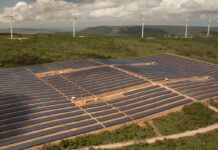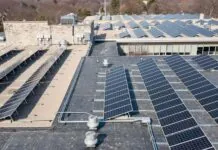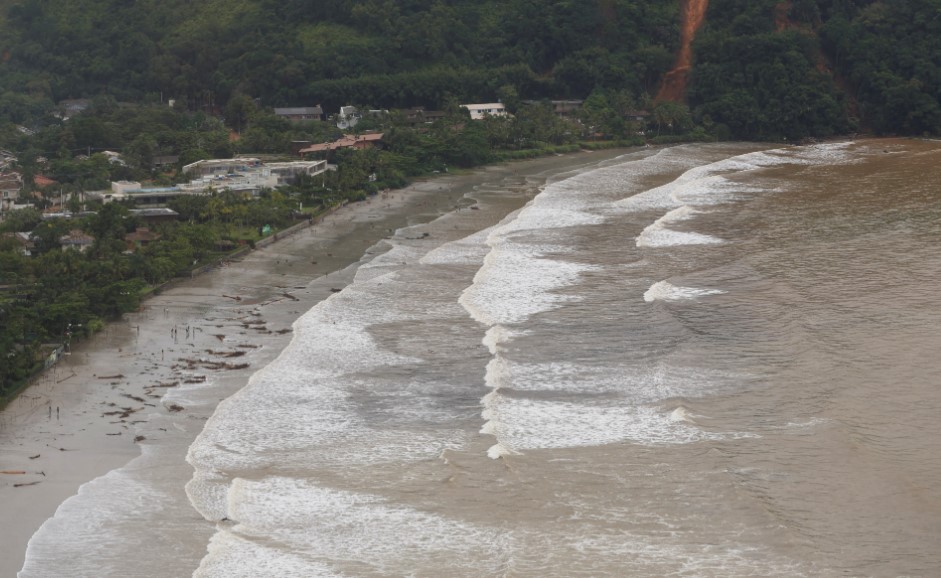
New research warns of a serious climate threat to Brazil’s coastal waters as ocean acidification intensifies. Studies reveal the South Atlantic faces accelerated acidification due to rising temperatures and lower oxygen levels, putting Brazil’s marine biodiversity and economy in danger.
These findings suggest a growing risk to coastal communities and natural systems far beyond Brazil.
Acidification Levels Near Critical Point
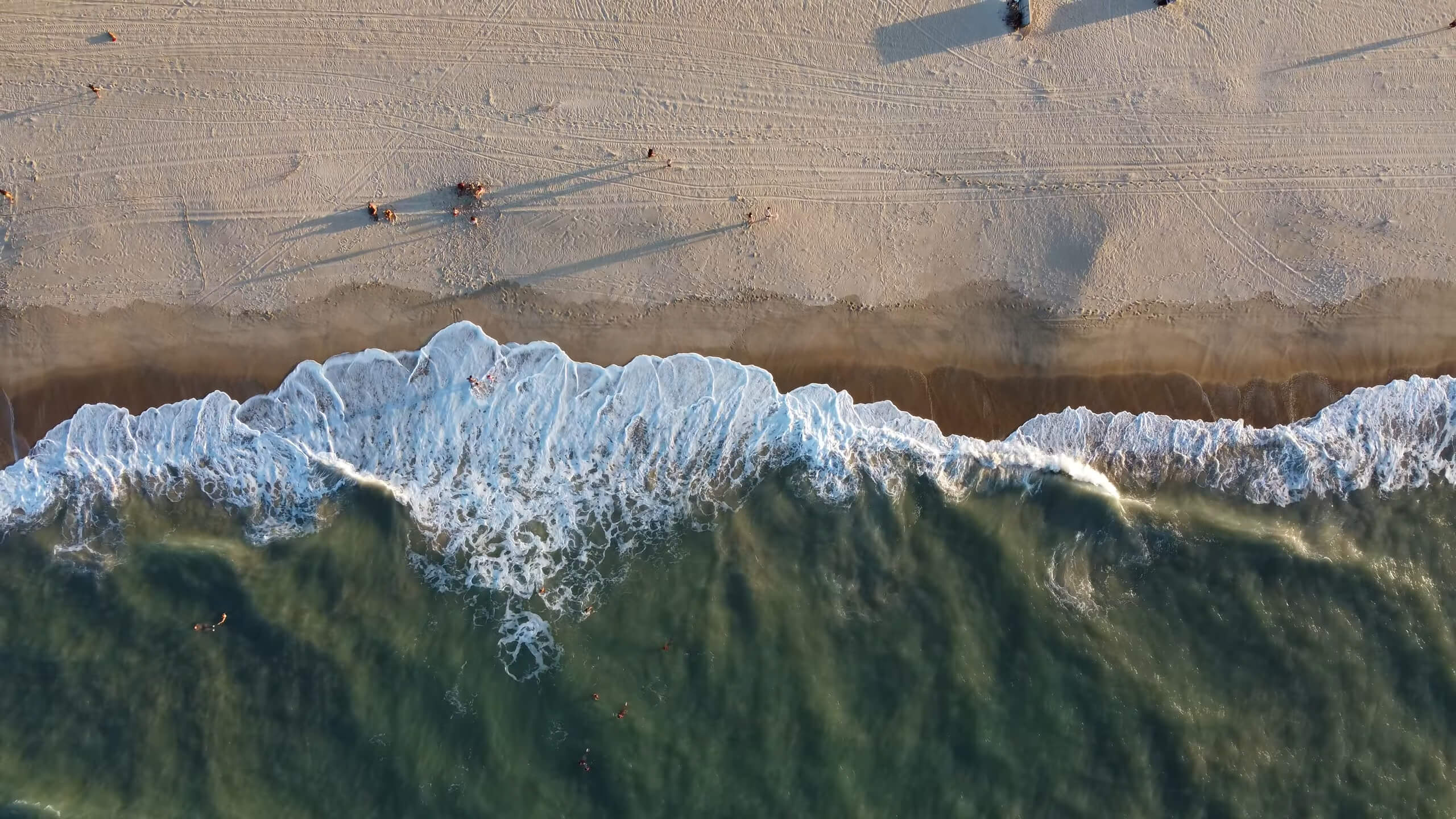
Ocean acidification results from excessive carbon dioxide entering the ocean. This carbon dioxide converts to carbonic acid, releasing hydrogen ions that lower pH levels.
Historically, ocean waters kept aragonite saturation at healthy levels. Today, readings show a concerning decline:
| Indicator | Pre-Industrial Levels | Current Levels | Critical Threshold |
|---|---|---|---|
| Aragonite Saturation South Atlantic | 3.44 | 2.8 | 2.75 |
If saturation drops below 2.75, marine life like shellfish and corals will struggle to form protective shells. This would destabilize ecosystems that support food chains critical to human and marine survival.
Economic Risks to Brazil’s Marine Industries
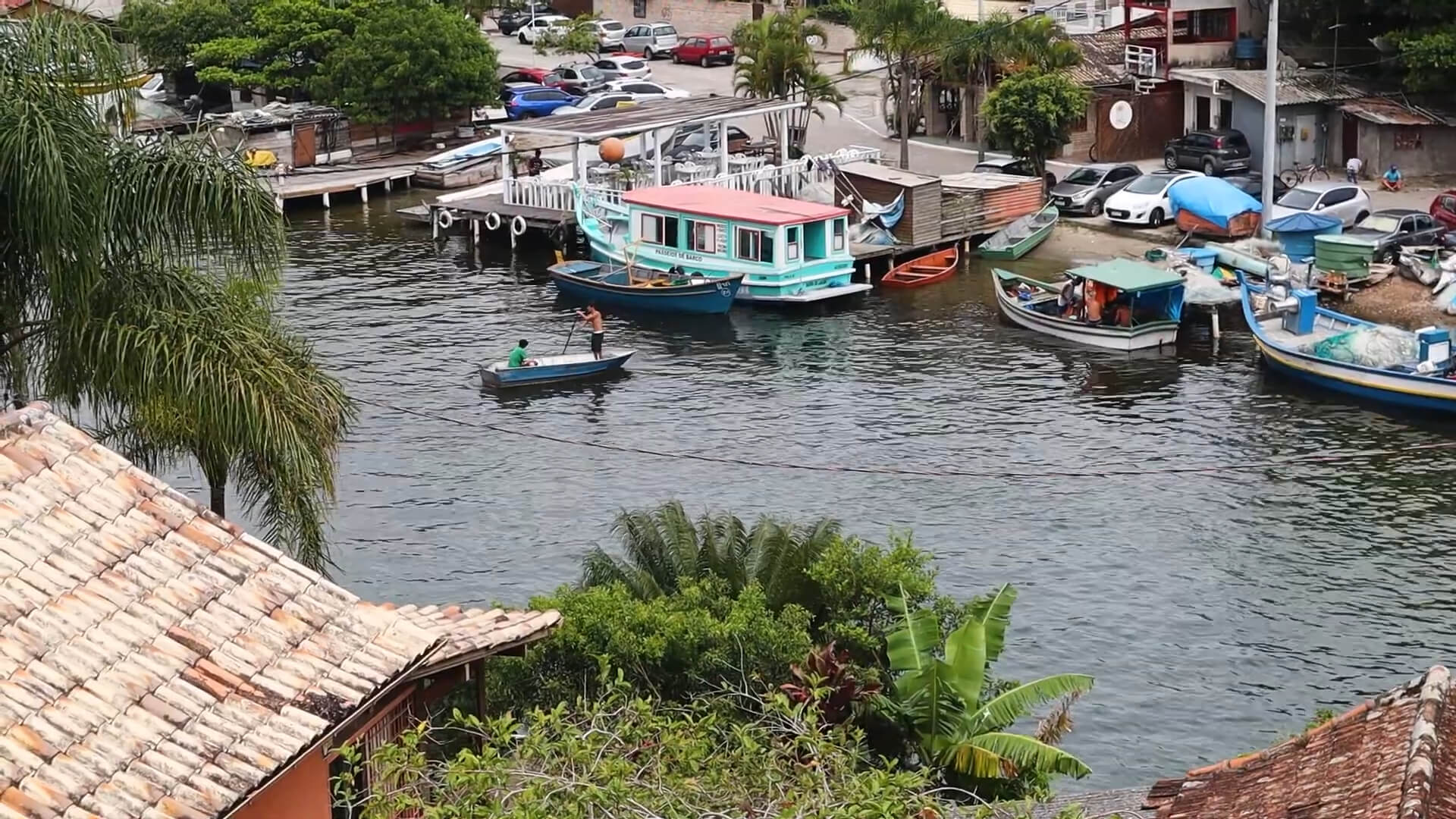
Researchers from the University of Vale do Itajai in Santa Catarina warn of acidification’s effects on local fisheries and tourism. Santa Catarina relies on fishing and tourism, and foundational marine species are essential to both.
As acidification increases, species crucial to the regional economy face heightened risk, which could bring serious economic losses and disrupt community livelihoods.
Steps Forward to Counter Acidification
Happy Valentine’s Day from AOML!
The 2024 PIRATA (Prediction and Research Moored Array in the Tropical Atlantic) cruise has officially set sail! Today, they recovered a PIRATA buoy that went adrift.
To learn more about all of our cruises out at sea: https://t.co/QKanfaMmEr pic.twitter.com/AT3EW1zYy0
— NOAA Atlantic Oceanographic and Meteorological Lab (@NOAA_AOML) February 14, 2024
Efforts to combat acidification continue, with projects like PIRATA monitoring climate changes in the Atlantic. To address acidification, experts stress the need for:
- Policy to reduce carbon emissions
- Funding to support ocean research
- Continued international research collaboration
The coastline of Brazil is facing a harsh reality. Acidification is not a theory. it is taking away livelihoods and changing lives. Coastal communities are watching as their oceans slip further out of reach. Families and workers feel the strain.
If nothing changes, this coast will not bounce back. We either act now or watch a way of life disappear.
Here you can find a brief explanation of what ocean acidification is:




